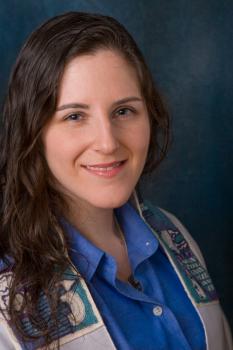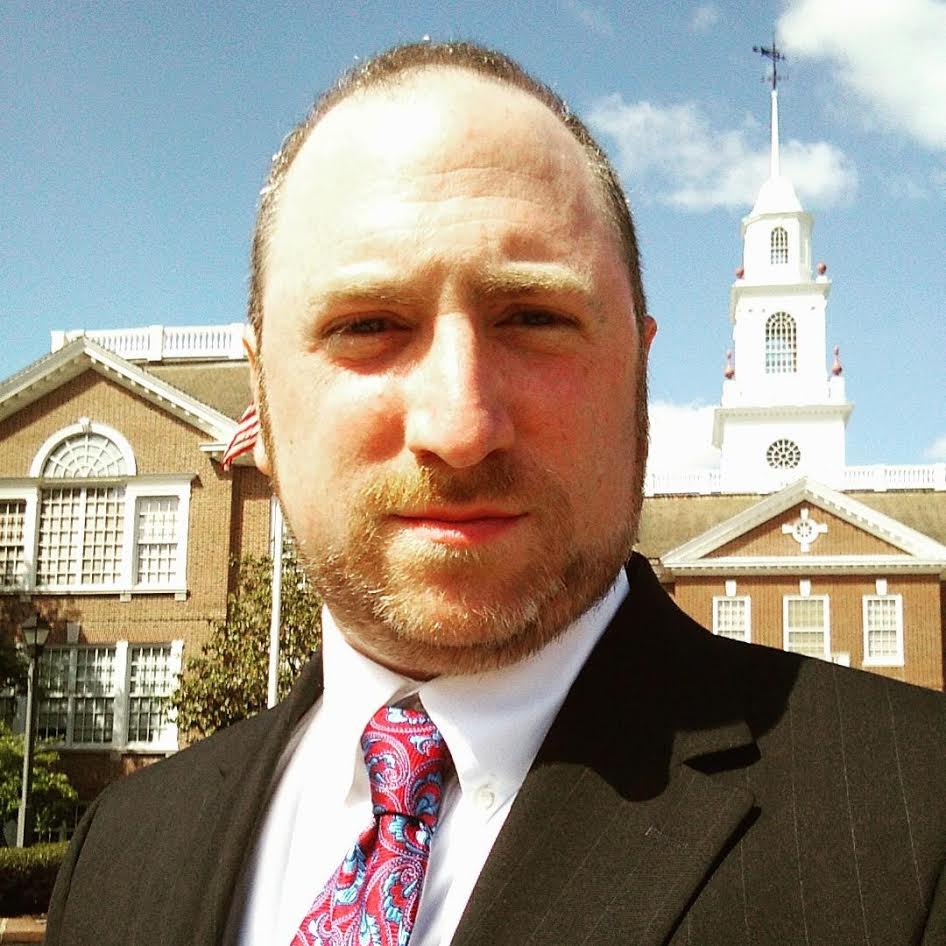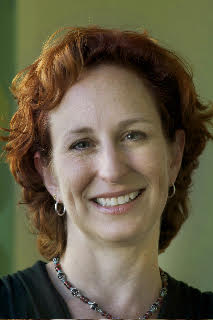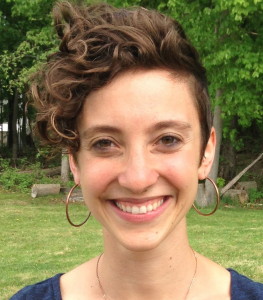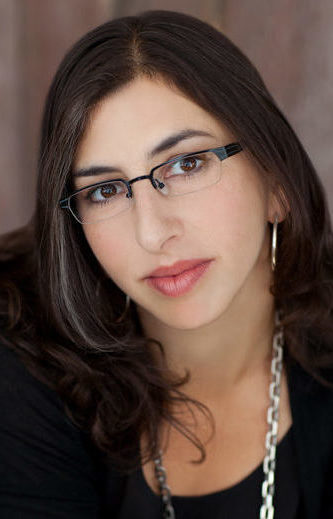
Protesting Leshem Shamayim
The old Yiddish proverb laments, “It is not easy to be a Jew.” Moshe might add, “How much the more so to be a Jewish leader.” Parashat Korach appears in what Everett Fox refers to as “the rebellion narratives” in the Book of Bamidbar. Was Moshe Rabbenu blessed with the congregation from hell? After their...
read more

